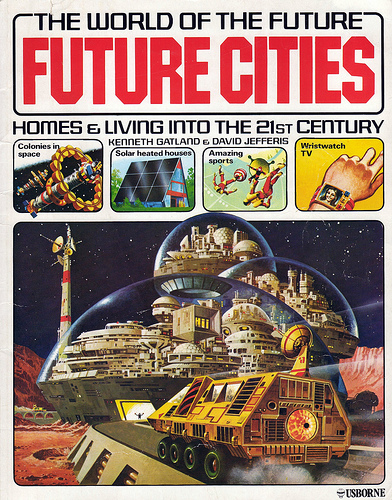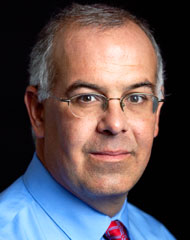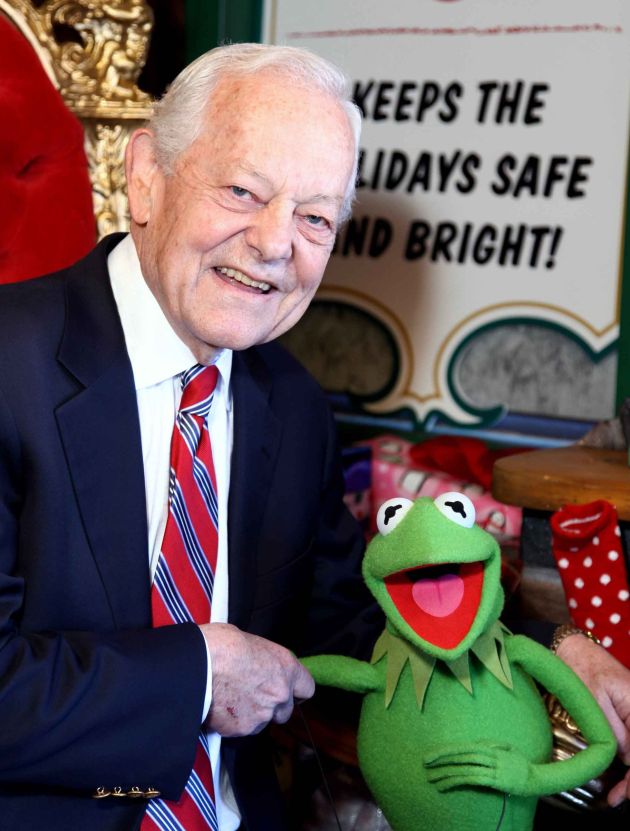Thus the name
September 18, 2013 2 Comments
When I created this blog three years ago, the name “Futureworld” came to me right away. I had a dim realization that the title wouldn’t be as meaningful to others as it was to me, but that didn’t matter very much: it was my brand-new beautiful little baby blog, and I was determined to call it whatever I pleased.
But my thoughts ran something like this:
I was born in July 1957, just a few months before the official beginning of the Space Age. My childhood was full of astronauts and science fiction. Soon, we thought, we’d be living in an unimaginably advanced world; no one would suffer or be hungry, and everyone would have a flying car, and everything would be utterly futuristic and wonderful.
Well, you know what? Some of that stuff came true. The Internet is still a miracle to those of us who remember the primitive 1950s and 1960s. Partner and I comment almost daily on the fact that we can pick up a mobile device at a moment’s notice and summon up the weather report, or the news, or the cast of a 1944 movie, or Skype someone on another continent, or do any number of other bizarrely futuristic things.
So: Partner and I are living in the “future” that we were promised back in the 1950s and 1960s.
Except that we’re not. People are still stupid and retrograde. There are still politicians who want to restrict voting rights and immigration. Just like the 1920s and 1930s! The world is still at war. Just as in 500 BCE!
That’s what I meant by “Futureworld.” Here we are, in 2013, and we should be living on space stations and speaking Esperanto, but in many ways we’re still primitives, attacking and killing one another over trifles.
Ah me. The farther we go into the future, the more firmly we remain stuck in the past.
In Tony Kushner’s play “Angels in America,” there’s a scene in which two ghosts – a medieval one and a 17th-century one – appear in the 1980s to speak to their descendant, a gay Manhattanite with AIDS. The medieval ancestor doesn’t like the 1980s, and leaves as quickly as he can. The other sighs and looks around himself. “The Twentieth Century,” he says sadly. “Oh dear. The world has gotten so terribly terribly old.”
Brother, was he right.









